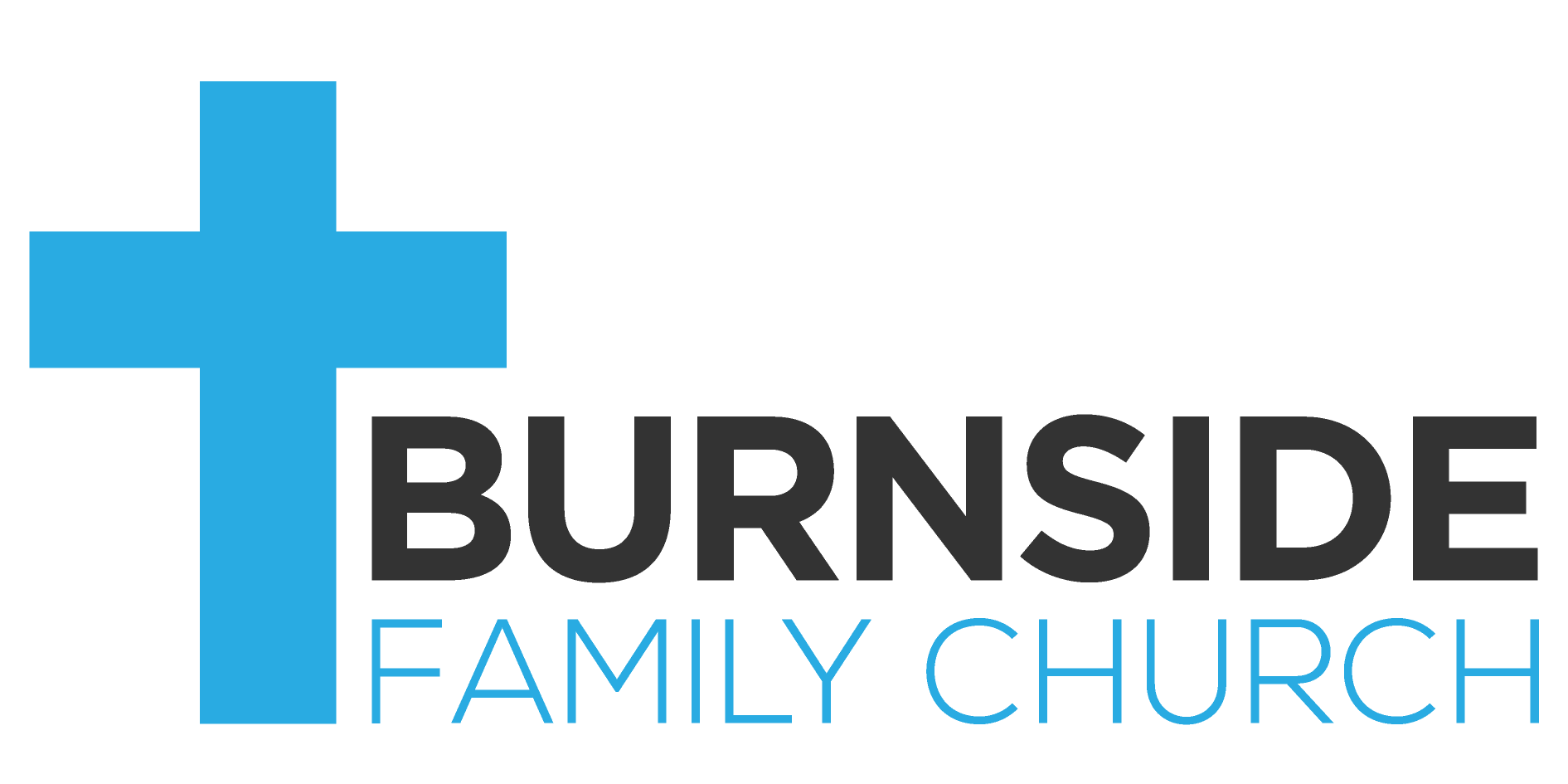The Five Thousand - by Jeff Byerley
Bible Study - John 6:1-15 Jesus Feeds the Five Thousand
This passage records a wonderful miracle of Jesus feeding five thousand men.
However it also records a crowd that was rather superficial and even a rather superficial response to the crisis by the disciples. Yet we ourselves must not read the passage in a superficial way!
This is a well known miracle and the only one recorded in all four gospels. So our familiarity with it can tempt us to treat it rather glibly and miss out the extra detail that John provides.
Indeed, if we examine every verse and ask questions, the whole passage lights up like never before.
1 Some time after this, Jesus crossed to the far shore of the Sea of Galilee (that is, the Sea of Tiberias), 2 and a great crowd of people followed him because they saw the signs he had performed by healing the sick.
This same event recorded in Matt. 6:30-44, shows that Jesus had taken this boat trip to have a break from the crowd. However, the crowd raced around the sea and got to the spot before Jesus and the disciples. Yet Jesus had compassion on them because they were like “sheep without a shepherd”. Verse 2 above shows the crowd was only interested in the fantastical works that he did. They were not really interested in his teaching. How disappointing after Jesus' time with the Samaritans in chapter 5, who took his words to heart without miracles!
3 Then Jesus went up on a mountainside and sat down with his disciples. 4 The Jewish Passover Festival was near.
The mountain side would act like an auditorium, but why does John mention the Passover? At Passover time Jesus and his disciples would go to Jerusalem with others. So for many in the crowd it might be their last chance to see Jesus and his miracle works.
5 When Jesus looked up and saw a great crowd coming toward him, he said to Philip, “Where shall we buy bread for these people to eat?” 6 He asked this only to test him, for he already had in mind what he was going to do.
We understand that Jesus was training his disciples, but why did he address this question to Philip rather than say Judas? Perhaps because Philip was from nearby Bethsaida (John 1:45). He would have known the people, the region and the local resources.
7 Philip answered him, It would take more than half a years wages to buy enough bread for each one to have a bite! 8 Another of his disciples, Andrew, Simon Peter’s brother, spoke up, 9 “Here is a boy with five small barley loaves and two small fish, but how far will they go among so many?”
There is a temptation to blame Philip and Andrew for their lack of faith in Jesus. However, surely, it is a practical thing to look at solving problems firstly by natural means before turning to the supernatural. Note they did not dismiss the problem out of hand or consider only feeding a part of the crowd. They too felt compassion for the crowd. Their recorded answers also give us a better understanding of the crisis.
10 Jesus said, “Have the people sit down.” There was plenty of grass in that place, and they sat down (about five thousand men were there).
How is it in this wilderness that there just happened to be this large area of grass, uneaten by the wild animals? The Lord provides!
11 Jesus then took the loaves, gave thanks, and distributed to those who were seated as much as they wanted. He did the same with the fish.
The five barley loaves and two fishes were rather a very basic supply, yet Jesus gave thanks for it. It reminds us to be thankful for the basic thing of life as well as the special.
12 When they had all had enough to eat, he said to his disciples, “Gather the pieces that are left over. Let nothing be wasted.”
These five thousand men would have been very hungry, yet there was enough not only to feed them but enough to completely satisfy their hunger. What a bounteous supply Jesus was so able to provide. Yet he asks them to gather up the pieces that none be wasted! It shows the concern for yet others who could use the leftovers. It also teaches that we should not treat God's gifts with contempt. Jesus used his disciples in the performance of his miracle and it pleases him to use us in his on-going work of salvation.
13 So they gathered them and filled twelve baskets with the pieces of the five barley loaves left over by those who had eaten.
The number of baskets emphasizes the bounteousness of Jesus but it may also recall how God, using Moses, fed the 12 tribes of Israel in the wilderness. This was probably not lost on the crowd as we see in the next few verses.
14 After the people saw the sign Jesus performed, they began to say, “Surely this is the Prophet who is to come into the world.” 15 Jesus, knowing that they intended to come and make him king by force, withdrew again to a mountain by himself.
The reference to the Messianic prophet was no doubt from Deut. 18:15. The superficial crowd no longer thought of Jesus just as a miracle worker, but some one who could give them political and military victory. They still did not receive him as the true Messiah who would teach his people (Isaiah 54:13, Micah 4:2).
